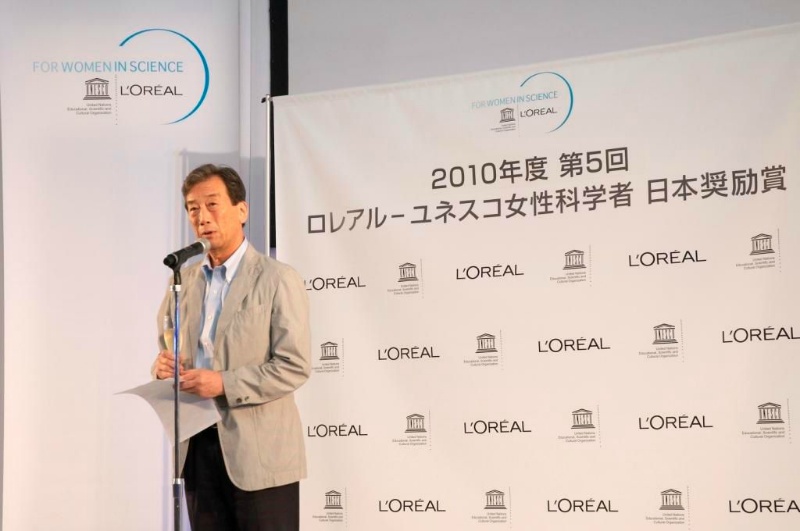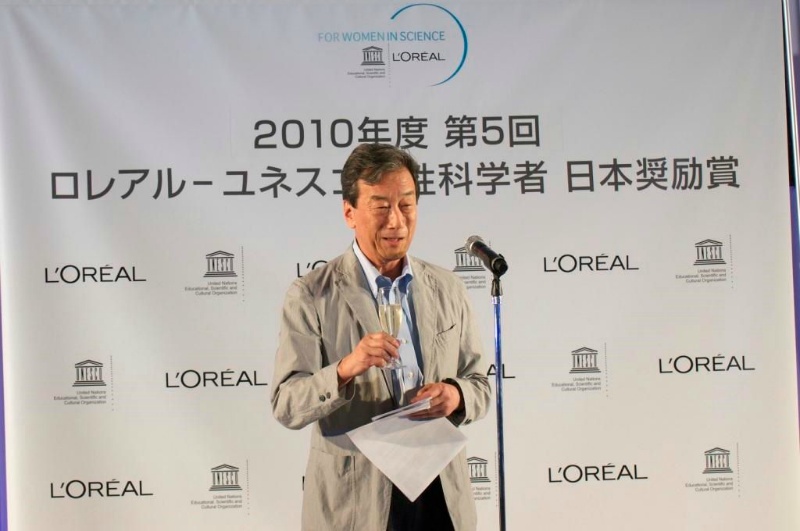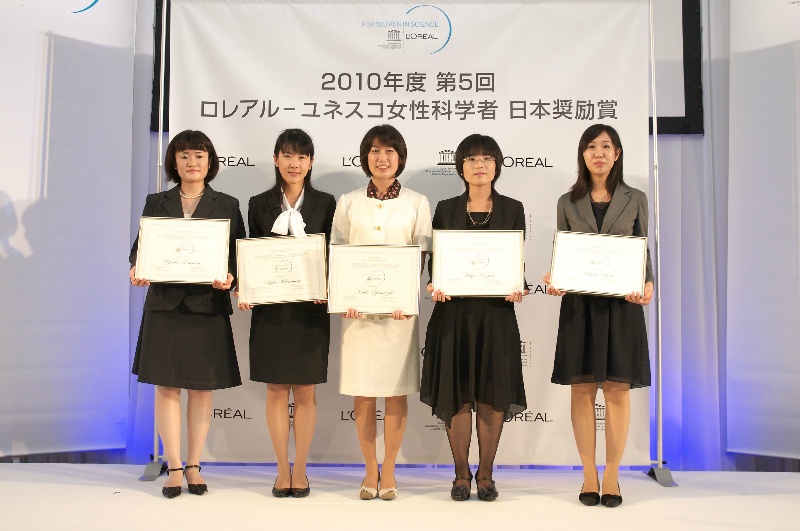At this year’s entrance ceremony of Shonan Fujisawa Campus (SFC), one of the most prestigous universities of Japan, Keio University, I had a rare opportunity to deliver a special welcome lecture to the newly enrolled students. SFC is a relatively new campus among the Keio Gijuku founded 152 years ago, just celebrated its 20th anniversary this year, well known and attracting new type of talents for its new concept.
Numerous graduates pursue their own professional career in various settings within and out of Japan. And quite a large percentage of these alumni have careers quite distinct from the traditional Japanese common sense (however their careers may not be uncommon careers outside of Japan….). I know many OBs and OGs of SFC personally and there are several whom I work with today.
Perhaps from such reasons, I was asked to offer a course on ‘Global Science and Innovation’ for this fall semester.
The first day of the course was on September 29th. This day was so to say an ‘Introduction of the faculty (Kaomise)’, so all students who may be interested in taking this course came. They will decide in a week or so whether or not they would register. A graduate student TA and an undergraduate student SA are assigned to support me. Keio SFC posted my lecture very fast on their website already.
Using such web as a ‘tool’, through ‘trial and error’, I plan to make it a fun, interconnected, open class in which all students participate. Time is changing steadily but rapidly, as described in a recent book which I have already introduced to my students ‘Learning on Web (Web ni Manabu)’ .
The students in my class are undergraduates from year 1 to 4, which mean that more than half of the students were born after 1989, the year of the fall of the Berlin Wall, Tiananmen Square protests in Beijing, and one year before the burst of bubble economy in Japan when the Nikkei Stock Average marked the highest share of 39 thousand yen. Japanese economy has not grown ever since these students were in kinder garden. I think parents, considering their age, should think about the domestic/international situation of the time in which their children grew up. They were in primary schools at the time of ‘September 11’.
Quite many of the students have had the experience of living abroad, I understand, so I think this will be fun. How many students will register to my course, I wonder? Being evaluated by students is somewhat like ‘budget-cutting panel (Jigyo-Shiwake)’, being evaluated by politicians of DPJ. This is the hard and challenging part for the teachers in the ‘Open Education’, ‘Education in the Web age’.
I intend to make this course a very innovative one together with the students as well as variety of guests which I am planning to invite.



